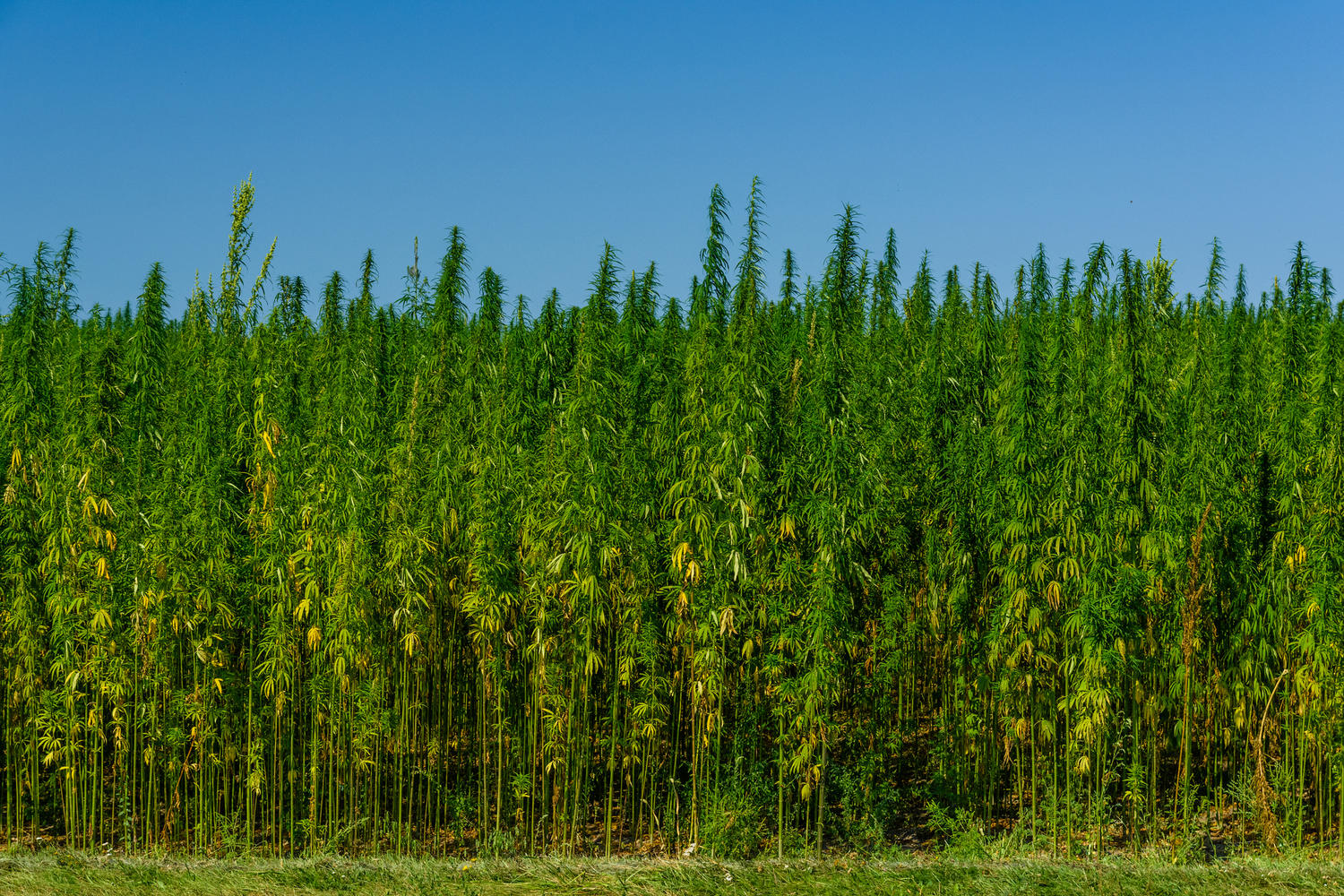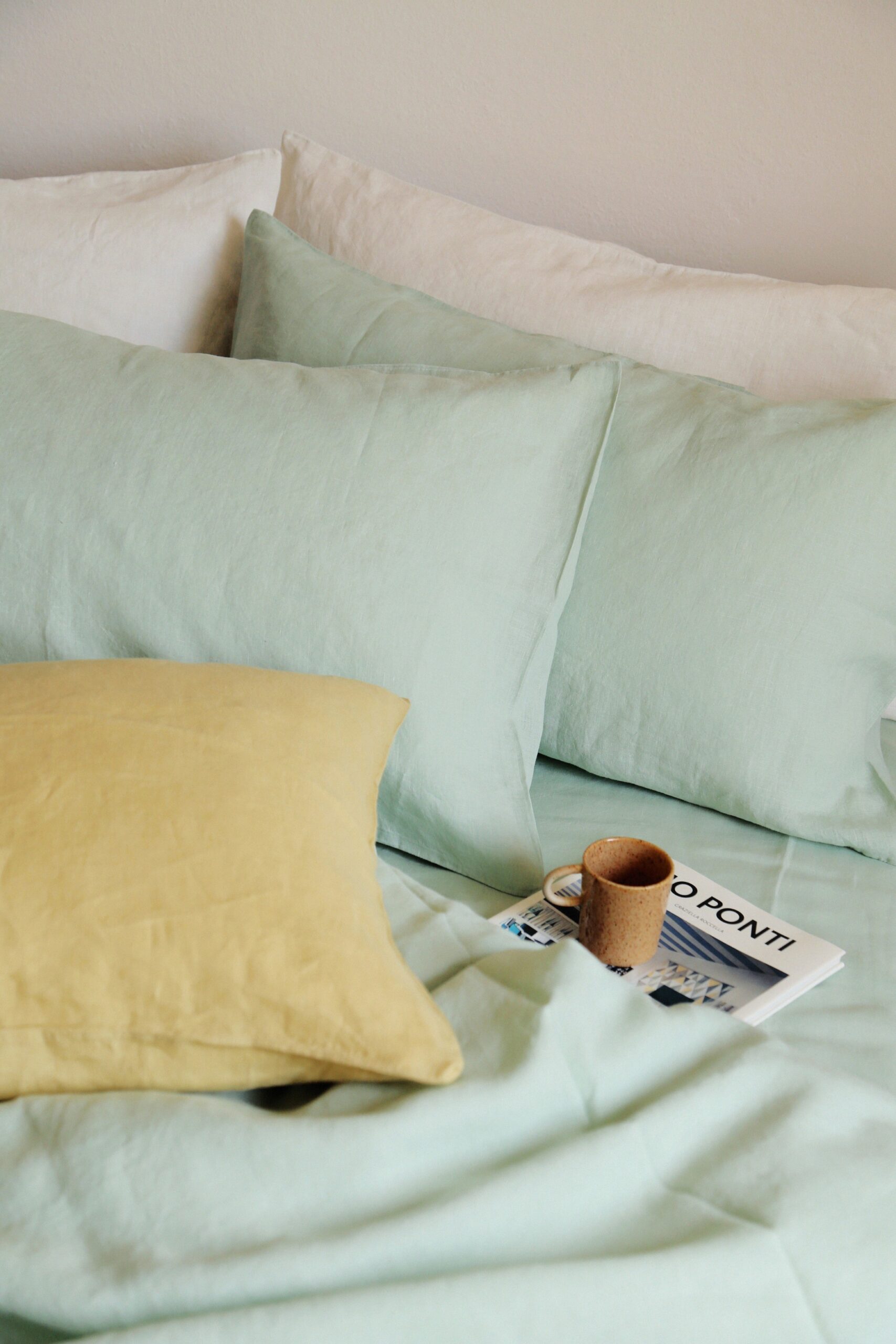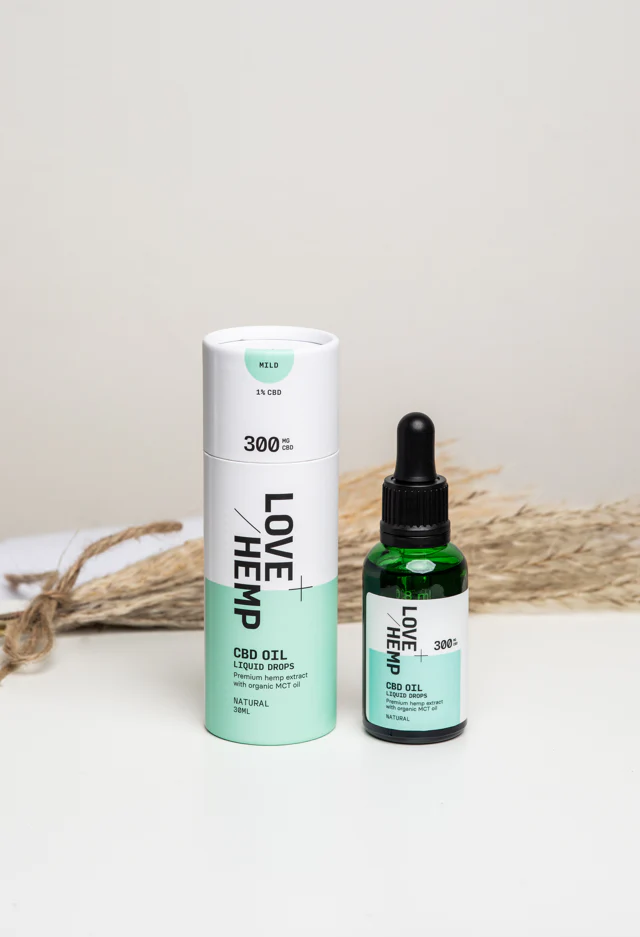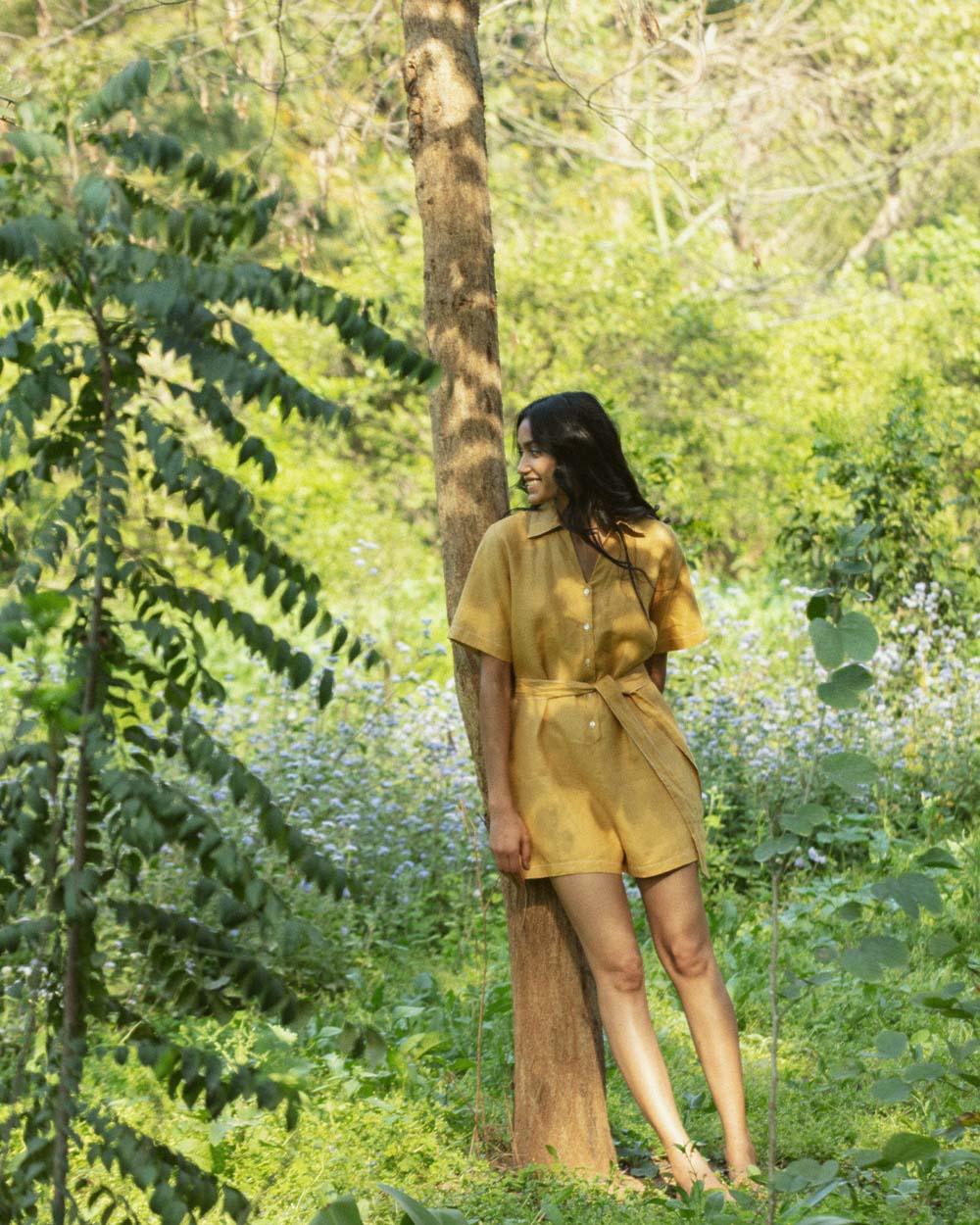
Environment /
In response to growing demand, between 2015 and 2019, European production of this crop increased by 62%. It’s touted as a wonder plant that has impressive sustainability credentials alongside health benefits. Discover hemp, nature’s super plant.
Hemp has been grown for thousands of years for use of its fibre, seeds, and oil. Although it is a variety of the Cannabis sativa species, it contains very low levels of THC (a psychoactive compound found in marijuana.)
It is a hardy plant that can grow in a variety of climates, from Asia, Eurasia and Europe to Africa and the Americas. Once it has been harvested, hemp leaves are dried and then the fibres are extracted and used to make textiles and other materials.
Hemp also touts quite a few sustainability credentials. It can be grown without the use of pesticides and herbicides, as it lacks natural predators, making its cultivation chemical free. The plant also has deep roots which help to aerate and loosen soil, as well as being a natural soil cover, preventing soil erosion. Hemp is also pretty great at carbon storage — one hectare can sequester 9 to 15 tonnes of CO2 — similar to that of a young forest.
The possibilities of hemp go far beyond its use in clothing. From skincare to construction, Hemp is a key ingredient in a host of exciting innovations. There is an abundance of reasons why we should use hemp over other materials. It is a natural, biodegradable resource which could replace materials such as cotton, or blended with other fibres to replace denim and jersey. For a long time, hemp clothing was seen as scratchy and uncomfortable, but this is a myth, and the fabric is actually suitable for even sensitive skin types.
The seeds from hemp plants can also be eaten raw or used in a variety of foods such as cereal, granola bars, and hemp milk. These seeds are what’s known as a complete protein, providing all the essential amino acids, and also include high amounts of essential fatty acids.
In the world of construction, Hempcrete is gaining momentum as a sustainable building material. It’s made from a mixture of hemp hurd (the woody core of the hemp plant), lime, and water and is lightweight and durable, with excellent insulation properties. You can learn more about Hempcrete in our podcast interview with the founder, Steve Barron, here. There are also explorations into the use of hemp fibres as a component in batteries, leading to more sustainable energy solutions.
Hemp could also be used to reduce our reliance on fossil fuels, because it grows so fast, even on infertile soil, it’s under consideration for use in sustainable fuel. Composite bioplastics are another use for hemp, creating a plastic made from a combination of hemp and other plant sources.
This multi-hyphenate plant is also becoming popular in the health and beauty industry. Hemp oil, which is extracted from the seeds of the hemp plant, is rich in essential fatty acids and antioxidants, making it a popular ingredient in skincare products, helping to moisturise the skin, reduce inflammation, and soothe irritation. Hempseed oil and CBD oil, although derived from the same plant, are not the same thing. The former comes from the seeds, and the latter comes from the flowers, leaves, and stems. CBD oil has been proven to have a wide variety of lifestyle and health impacts from improving sleep, digestion, mood and immune function.
The rising popularity of Hemp across a range of industries shows provides a promising blueprint of how to make the most of natural, renewable materials. To experience the heck out three brands using this unique material below.

Hemp’s inherent thermo-regulating properties make it ideal for bedding. Enter a new Italian brand, Casa Parini, which makes hemp linens in Turin. An environmentally and socially conscious brand, Casa Parini works with a social enterprise group Colori Vivi that employs and trains migrant and refugee women to become seamstresses. Shop Casa Parini on Forward Lab here.
One of the first CBD brands in the UK, Love Hemp sells a wide range of CBD oils, edibles and skincare. Harnessing the healing qualities of 100% organically grown hemp, Love Hemp’s cannabinoid products have been proven to help with sleep, digestion, inflammation, immune function and more.


Indian clothing brand Reistor launched a range of 100% hemp womenswear in an effort to create clothing with a positive environmental and social impact. Each Reistor piece is created with longevity in mind — from the use of strong materials to timeless designs. Half of all Reistor garments are made in partnership with Mumbai-based NGO Srujna which trains and works with women from marginalised communities.